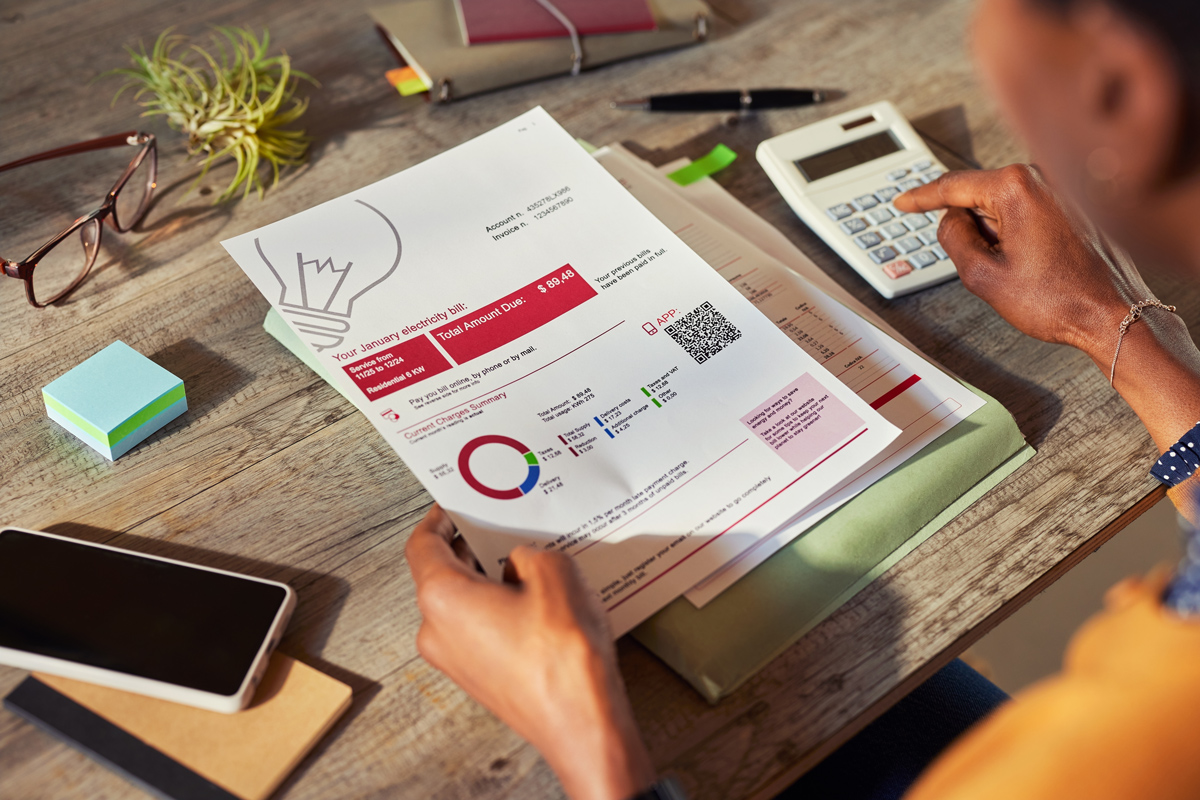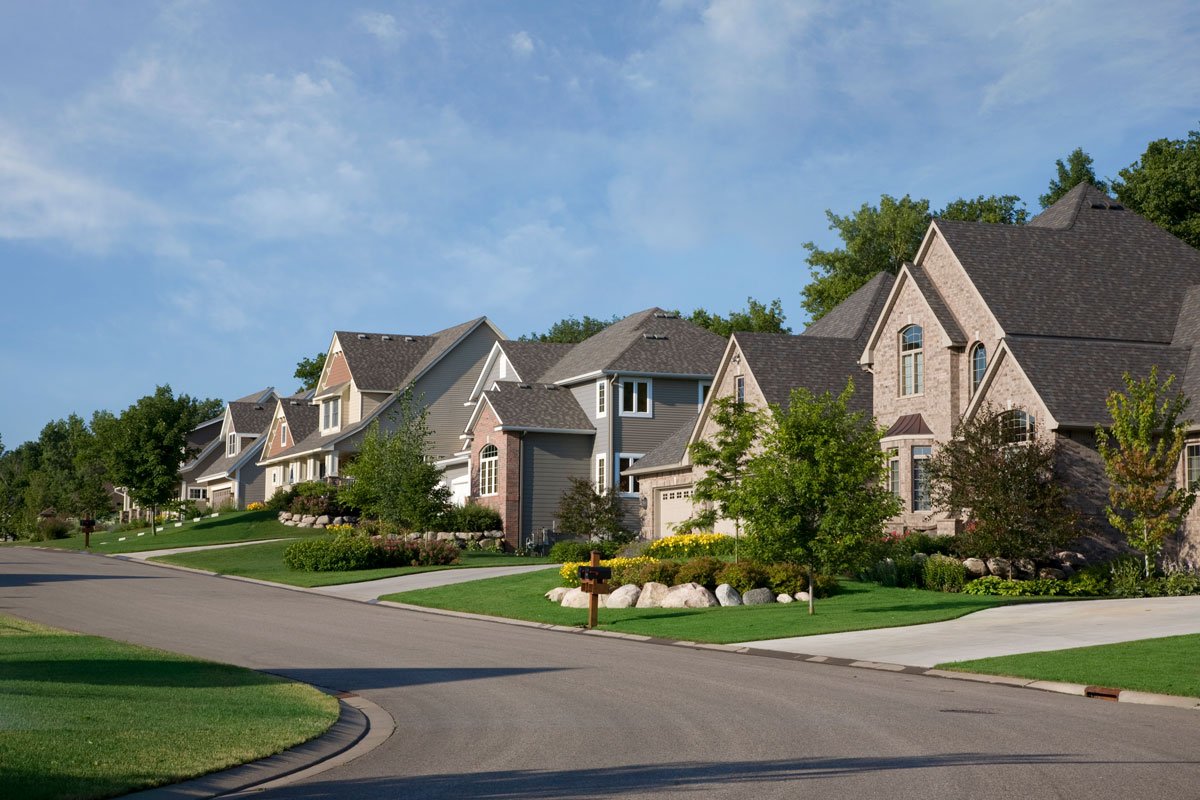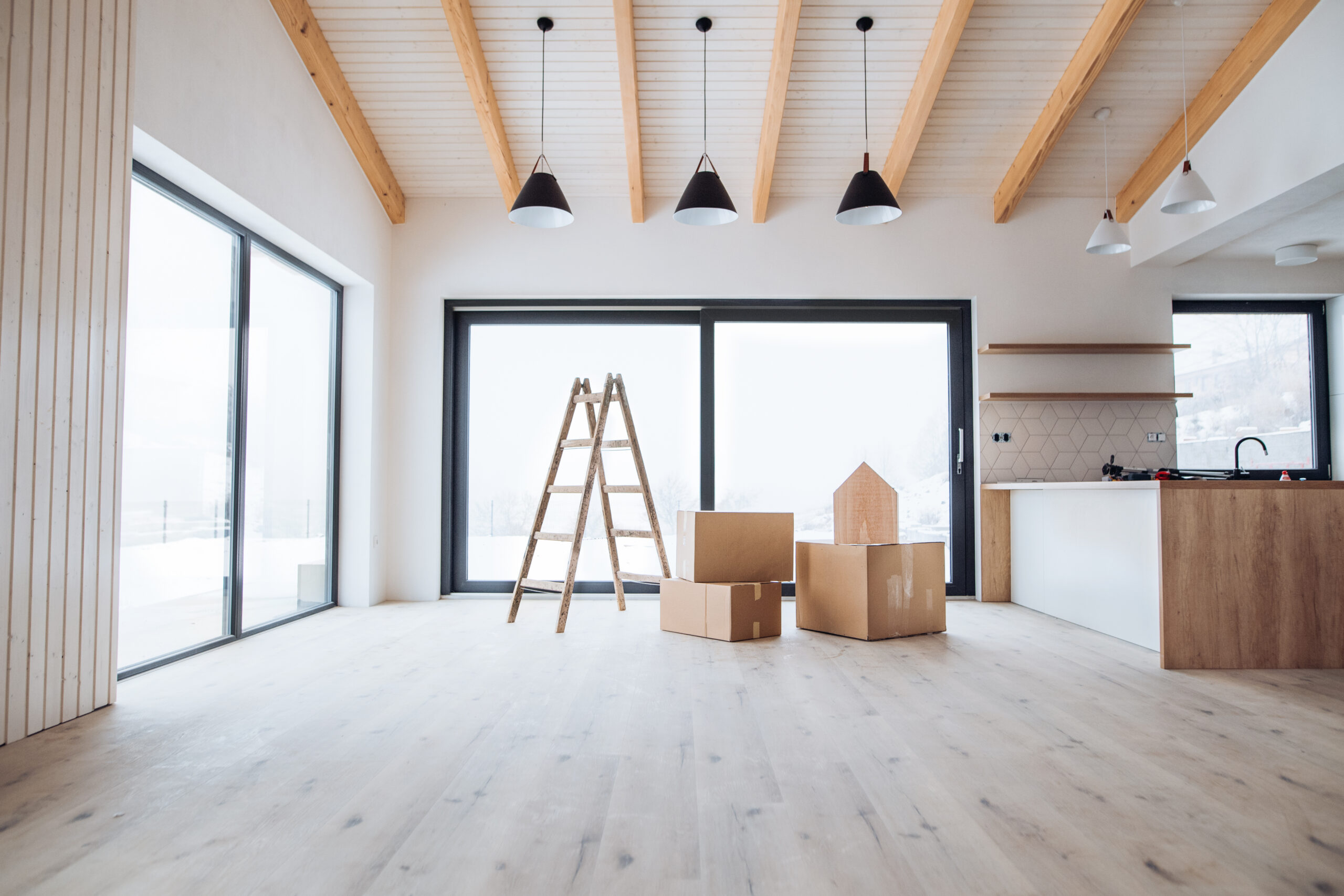With the rising inflation, the bills for your new home might start to feel overwhelming. Between water usage, heat, electricity, and so forth, utility costs can really pile up…
But we are here with good news for homeowners! By investing in some of these sustainable home upgrades, you’ll be saving money in the long run. So, instead of fretting about the utility costs, think about these sustainable home upgrades that will lead to cost savings:
- Replacing lighting with LEDs (estimated cost: $240, potential savings: $200 per year)
- Upgrading your HVAC system with a Smart Thermostat (estimated cost: $240, potential savings: $100 per year)
- Replacing windows with double pane glass (estimated cost: $1,569 (for 6-8 windows), potential savings: $600 per year + 30% tax credit)
- New insulation (estimated cost: $9,469, potential savings: $400 per year – average lifespan of insulation is 10 years)
- Heat pumps (estimated cost: $16,588, potential savings: $330 per year + 30% tax credit)
When Should I Consider Energy-Efficient Home Upgrades?
The above-given costs and potential savings are just estimates. You can save this amount or even more on utility bills if you plan these upgrades according to your home’s needs. To determine whether you could benefit from these upgrades, here are some factors to consider:
Seasonal Fluctuations
Just like the availability of fruits varies based on their season, the demand for specific home upgrades might vary too. Some upgrades might be costly in certain seasons based on their demand. It is up to you to contact the home improvement company in your area to figure out when the price is moderate to low for you to make the most out of your investment.
Aging Home
If your home is old, upgrades like insulation will likely benefit you a lot by resolving the issue of leaks. However, if your insulation is less than 10 years old, you might not need this quite yet.
Benefits of Energy-Efficient Home Improvements
While the obvious benefit of an energy-efficient home is lowered utility bills, there are other benefits of home improvements that will propel you to make these upgrades now:
Clean energy credit
If you have a residential property, your upgrades might be eligible for a clean energy credit. This credit is 30% of new energy equipment (not used) for your home. Even labor costs for the installation of this equipment might be qualified for the energy credit, such as:
- Wind turbines
- Rooftop solar panels
- Solar water heating systems
- Battery storage
- Fuel cells
- Geothermal heat pumps
Insulation and air sealing upgrades qualify for a federal tax credit. In this case, the tax credit is only applicable to material costs, installation costs are not covered. Energy Star–certified windows, skylights, and doors are also eligible for a 30% federal tax credit. Even certified asphalt and metal roofing solutions are eligible for a 30% tax credit – plus the electric cost savings are separate!
Improved Air Quality
When your roofing and Energy Star-certified pane windows improve the temperature in your home, you can use these systems less frequently. Plus, improved air quality means that family members are less likely to suffer from allergic reactions – an additional healthcare saving!
Upgrades You Can Make for an Energy-Efficient Home!
While you may not be able to invest in all sustainable home improvements at once, here is a list of a few steps you can take to start cutting costs:
Power strips
Electronic appliances take up energy even if they’re just plugged in. This habit could be making up over 10% of your electric bill. So, a great tip for homeownership is investing in power strips which cost a meager $10-$15. These strips can be timed or come equipped with motion sensors. This investment greatly reduces the “vampire” energy usage in your house. Vampire energy consumption is when your appliances or devices continue to use power, even when they are off. Such energy consumption can increase your electricity expenses by 20%. Hence, power strips are essential to curb this waste.
Smart thermostats
Smart thermostats are a great way to control your heating and cooling settings. Many of these also come with motion sensor technology that helps optimize your energy use, thus reducing utility expenses. You can easily link these thermostats to your smartphones to manage the temperature in your home when you return from work.
Alternatively, you can also invest in a programmable model that costs around $50 if you think your smartphone could be hacked.
Light bulbs
If you don’t have the budget to replace your home’s roofing or insulation, you can start small with this project. Even though LED bulbs and CFLs are more expensive than regular bulbs, you will find that these bulbs will save a lot of energy. Energy Star bulbs are found to save $75 annually!
Energy Efficient Appliances
If you’re thinking about replacing your appliances or buying new ones, consider buying those that are Energy Star-rated. Water appliances such as dishwashers that are Energy Star rated don’t only save money, but also yield cost savings in your water bill!
Ceiling fans
If you have a well-ventilated house, ceiling fans are a great replacement for HVAC systems, especially when the weather is pleasant. You can even use ceiling fans in combination with a lowered thermostat temperature to save energy!
The energy efficiency tips will help you to lower your utility bills in the long run. However, these projects can be costly. To understand whether your remodeling project qualifies for a tax credit or resolves any legal issues related to zoning or remodeling, make sure to consult 23 Legal!
Plus, if you plan on selling your home in the future, sustainable home features will boost your property value and help sell your home more quickly than others that are lacking sustainable aspects. We wish you all the best with your homeownership journey.
Ready to make your home energy efficient and cut expenses in half?
Accomplish your real estate goals with 23 Legal: (847) 447-6004
Why Choose 23 Legal
23 Legal offers Real Estate and Estate Planning legal services to individuals, families, community associations and small business owners throughout Chicagoland. We know how intimidating “the law” can be. In fact, when most people think of law offices, they think of stuffy leather chairs, huge wooden desks and pompous lawyers who charge outrageous fees. That’s not us! We believe in 1-to-1; the same lawyer should work with you all the way through. Whether you have an estate planning issue, family trust concern, or you have a legal problem in regard to a new home, business, real estate or remodel, you need a lawyer who cares. That’s where Ben comes in! We are great listeners; more than that, we are lawyers who believe that our clients always come first.




